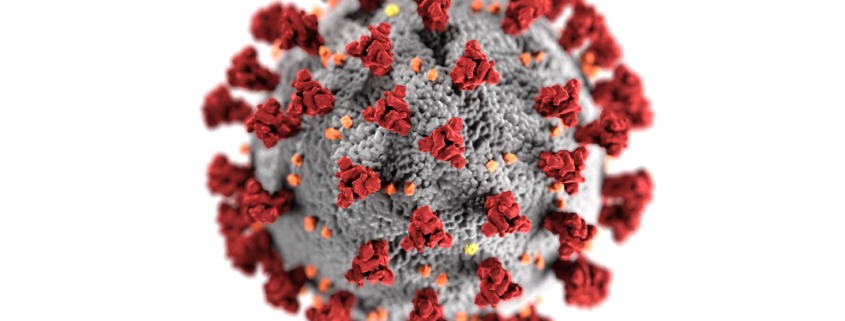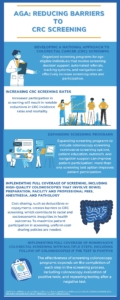A new study published in the New England Journal of Medicine has sparked controversy—this 10-year study involving nearly 85,000 participants in Europe highlighted that colonoscopies cut the risk of colorectal cancer (CRC) only by about a fifth, far below estimates from earlier scientific studies, and didn’t substantially reduce deaths, raising the possibility that the invasive procedure is not worth it. Doctors in the U.S. are now concerned that the study’s results could cause doubt about the effectiveness of a colonoscopy, which is a recommended CRC screening approach for those 45 and older, to be conducted once in ten years. Despite the confusion about the effectiveness of colonoscopies, national news articles and gastroenterologists in the U.S. have rebuked these conclusions.
A major limitation that experts found with the study was that only 42% of the people who were invited to get a colonoscopy actually had one. However, researchers still reported the outcomes for the entire cohort, regardless of whether or not they underwent a colonoscopy. The study found that of those who were invited to have a colonoscopy—whether they got it or not—there was an 18% reduction in developing the disease and no statistically significant reduction in the likelihood of CRC death. Many don’t believe that this is representative of what happens in the U.S., where colonoscopy is more widely accepted as a standard screening protocol compared to European countries, and was a serious shortcoming of the study. In fact, when the individuals who did not get a colonoscopy were removed from the study, the risk of developing CRC among those who did get a colonoscopy reduced by an estimated 31% and the risk of death reduced by about 50%.
As Robin Mendelsohn, MD, co-director of the Center for Young Onset Colorectal and Gastrointestinal Cancers at the Memorial Sloan Kettering Cancer Center, argues “in order for a colonoscopy to be effective, you have to have it done”.
Andrew Albert, MD, a member of the Colon Cancer Foundation (CCF)’s Interdisciplinary Medical Advisory Council (IMAC), said, “While the NordICC trial demonstrates the need for challenging the status quo related to colonoscopy, this remains an effective screening tool, particularly for individuals at average risk who may be on the fence about going in for screening. Misinformation is dangerous, especially in healthcare. If we miss catching colorectal cancer at an early stage—which is what a colonoscopy is very good at—it can have a big impact on survival. We need to remember that CRC is preventable, and treatable when caught early.”
IMAC member Matthew A. Weissman, MD, MBA, FAAP, told CCF, “I hope that the findings of this study, which have been taken out of context by many, will not discourage folks from getting screened for colon cancer by colonoscopy or other appropriate methods, which is extremely important in early detection (and prevention) of this deadly disease.”
In an accompanying editorial in the same issue, experts point to the need for a longer follow-up time for the impact of screening colonoscopy to be realized. They also point out that the skill of the endoscopist conducting the procedure has a significant impact on the detection rate—29% of endoscopists in the trial had an adenoma detection rate below the recommended 25%.
Consequent to this study, the American Society for Gastrointestinal Endoscopy (ASGE) issued a public statement that colonoscopy remains the best and most proven way to detect and prevent CRC incidence and death. The American Cancer Society also weighed in on the study, pointing to the high number of participants who didn’t undergo the procedure. Adam Lessne, MD, a gastroenterologist at Gastro Health in Florida told VeryWell Health that “when you take away the limitations, it’s proven again that colonoscopies do save lives and they do reduce the risk of death.”
The bottom line is that a screening test of any kind—stool-based or colonoscopy—is better than none, and CRC is preventable with regular screening. For detailed information on various CRC screening methods and current screening guidelines, visit this page on the Colon Cancer Foundation’s website.
Kitty Chiu is a Colorectal Cancer Prevention Intern with the Colon Cancer Foundation.












